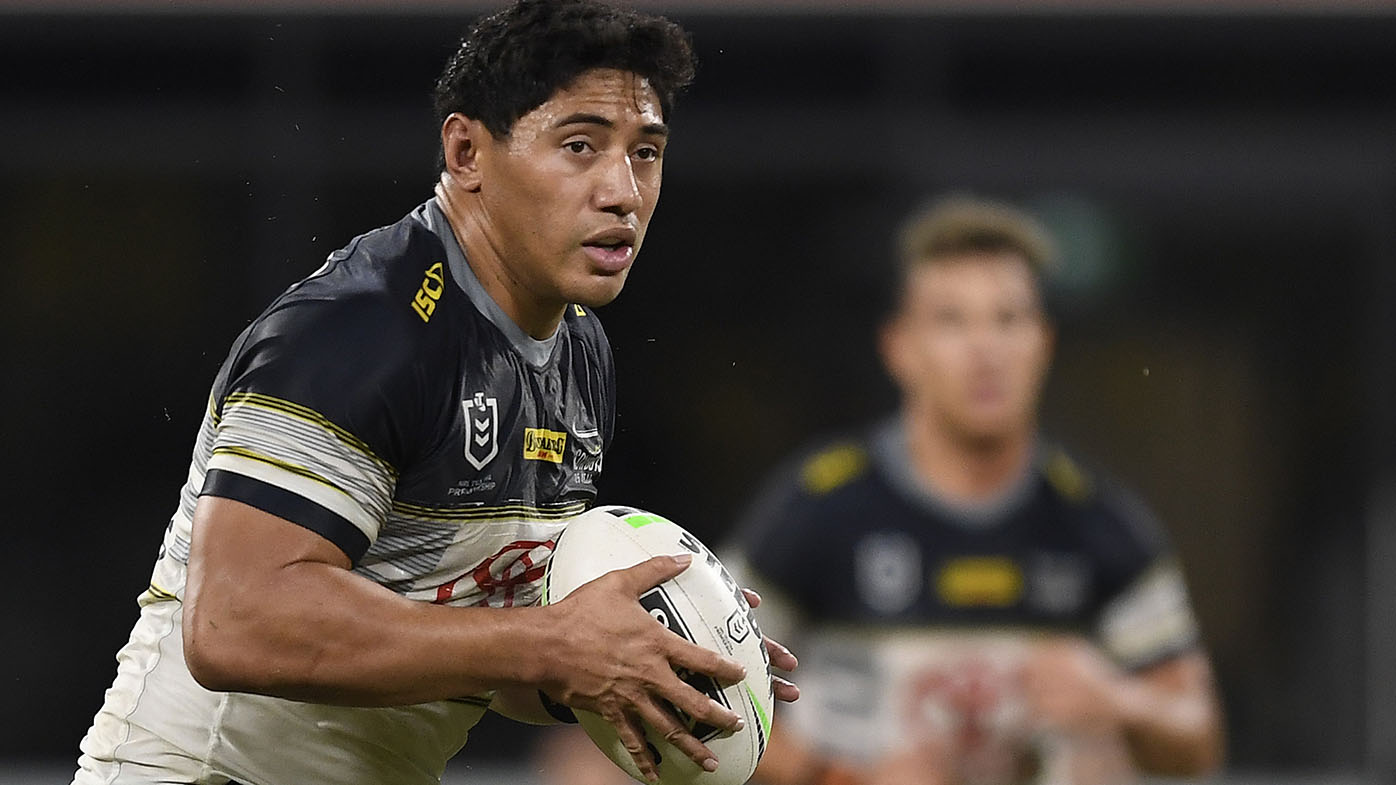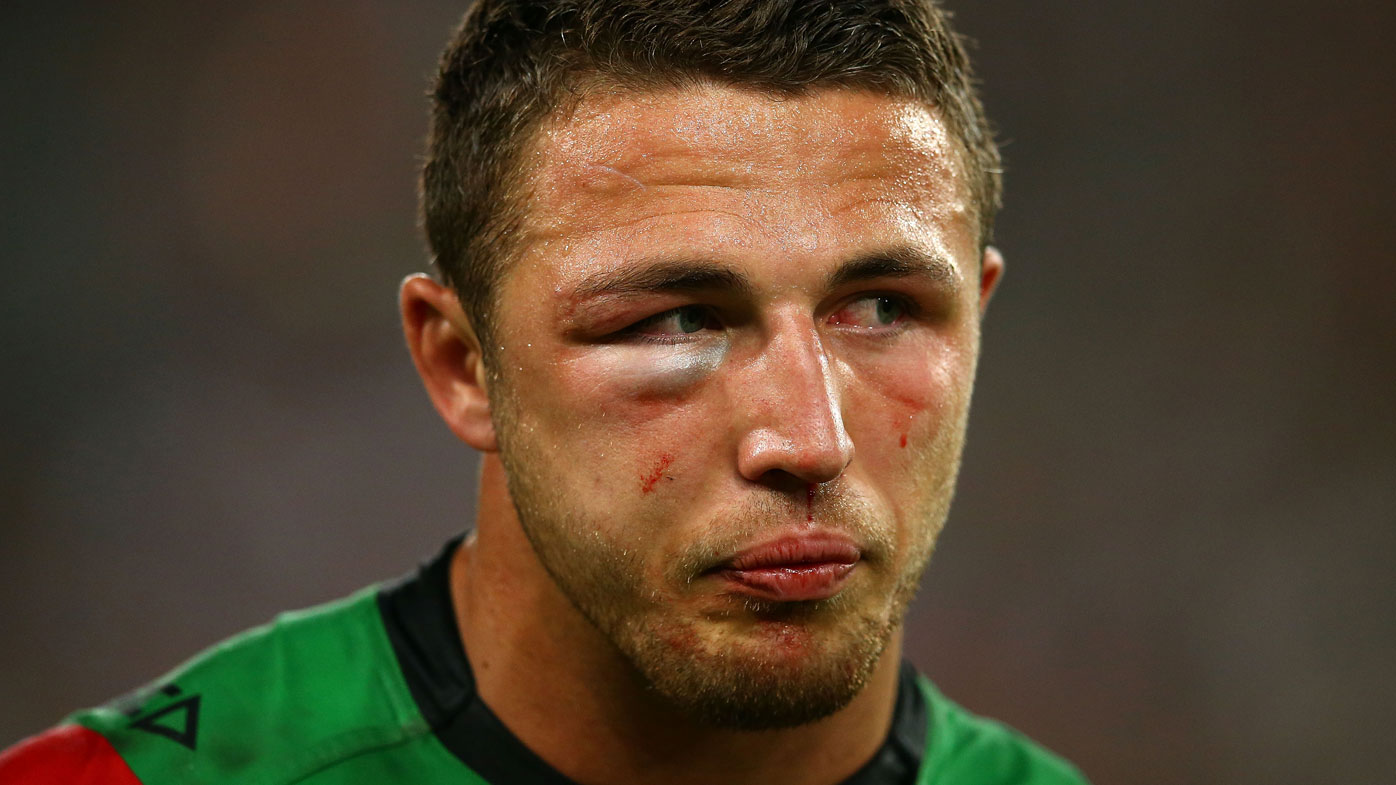The view that a player shouldn't be eligible for State of Origin if they choose to represent a country other than Australia is "ridiculous", says Phil Gould.
The Origin eligibility debate is older than time and has been reignited by the case of Jason Taumalolo, who some argue should be granted an exemption to play for Queensland.
Taumalolo has played for both New Zealand and Tonga, preferring to play for the Kiwis when he had to make the choice between representing his family's heritage or his adopted state Queensland, a decision he had to make at a young age.
Yet, according to Gould, the eligibility criteria that forces players who rightly qualify to play for NSW or Queensland to also represent Australia is out of step with rugby league's multicultural evolution.
Gould, the most successful NSW Blues coach in history, has set his views straight on Origin eligibility, declaring that players should be allowed to play for as many countries as they want, provided it's in their heritage.
"When State of Origin was first formed, back in 1980, our game was predominantly an Anglo-Saxon game played in NSW and Queensland. Well it's anything but that now," Gould told James Bracey on Wide World of Sports' Six Tackles with Gus podcast.
"The demographic of our game has changed remarkably since that time and our number-one product doesn't necessarily reflect that demographic, which I think is one thing we need to look at.
"Number two: if we're going to grow Pacific Island international football, and New Zealand international football - there are plenty of people of Pacific Island heritage who are born here in Australia, who still identify as Pacific Island heritage, who would love to be able to play for their country, but they can't if they choose to play Origin football.

"So when they're young and they write on their contract, 'Do you want to play for Australia?' or 'Do you want to play for New Zealand?' or 'Do you want to play for someone else?' they've got to make a decision. And the minute they don't want to play for Australia they're not eligible to play for NSW or Queensland.
"They might be born in Queensland, come through the Queensland junior system, play in Queensland rugby league their whole life, play Queensland under-17s, play Queensland under-19s, play Queensland under-20s and get graded into an NRL club from their Queensland base, but can't play for Queensland. I find that ridiculous. I would allow them to play for Queensland."
While Gould voiced a liberal stance on Origin eligibility, he did emphasise that a player must only be free to play Origin in certain circumstances.
"I'm not saying we go out and buy Sam Burgess to play for NSW," Gould said.
"What I'm saying here is if you're born in this county or you come to this country before a certain age and you play junior rugby league in this country and you graduate through the rep process and you become an NRL player, you should be eligible to play for NSW or Queensland.

"But then if I choose to play for Tonga or Samoa or Fiji or New Zealand or Papua New Guinea on the international stage then that's my right. I should be able to do that as well.
"And we should accommodate them ... to make sure that that part of the game is strong.
"But simply denying people the right to play for NSW or Queensland because they won't commit to play for Australia is ridiculous."
For a daily dose of the best of the breaking news and exclusive content from Wide World of Sports, subscribe to our newsletter by clicking here!
from WWOS https://wwos.nine.com.au/nrl/state-of-origin-eligibility-jason-taumalolo-phil-gould/be022590-224e-4cb6-bf84-20625ab92063


0 Comments